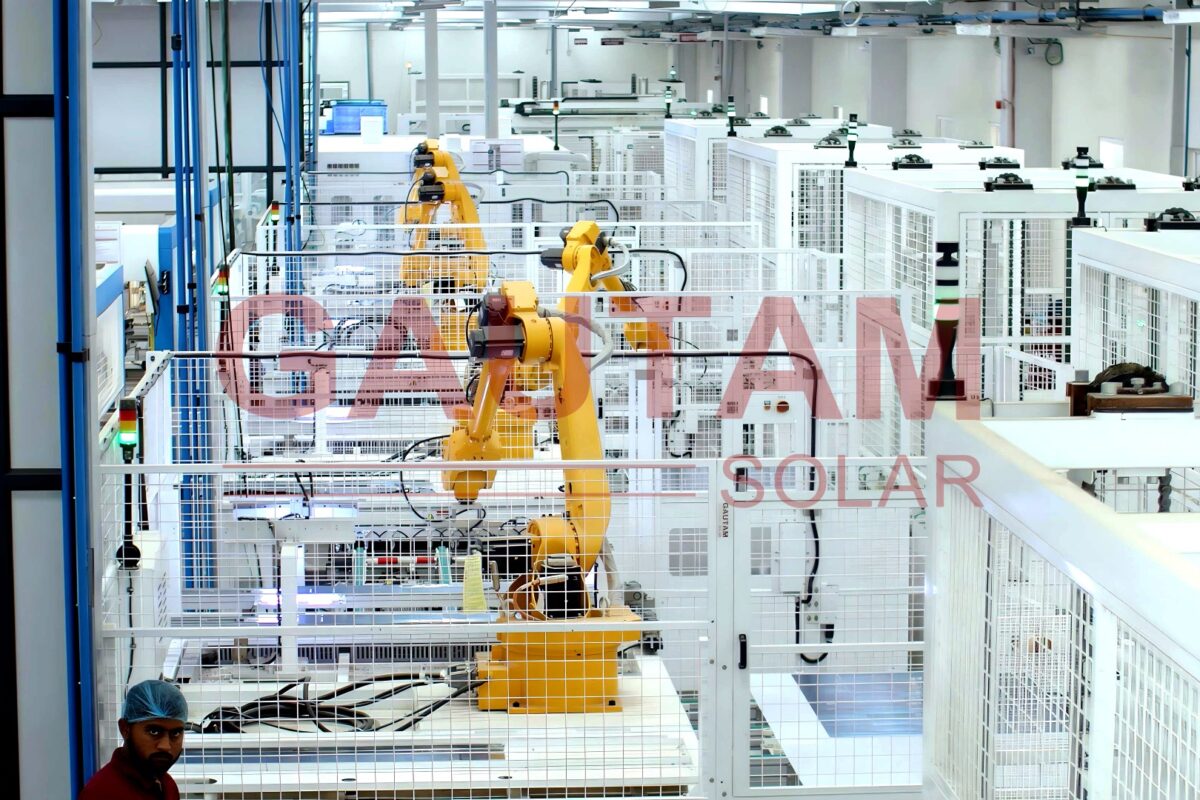The Indian government is leading the adoption of new energy technologies in the current global energy transition through various policy initiatives and learning by doing—according to a new briefing note by The Institute for Energy Economics and Financial Analysis (IEEFA).
In October 2019, the Ministry of New and Renewable Energy asked all state-owned enterprises (SOEs) to prioritise renewable projects in their investment plans as part of a larger effort to reduce carbon emissions and assist India to meet its ambitious renewable energy targets.
The note, titled Diversification on the Cards for Indian State-Owned Enterprises – Going Green for Growth and to Stay Relevant, reviews this and other government policy incentives available to Indian SOEs aimed at encouraging investment in cleaner greener energies, and finds diversification is happening more quickly than thought.
Turning challenges into opportunities
Author of the note, analyst Vibhuti Garg stated that the Indian government has rightly determined renewable energy technologies as the industry of the future.
“Pollution is a big issue affecting millions of people and a huge cost to health services, state governments and workplaces. A more affordable cleaner supply of energy is essential to clean up the air and ensure daily living isn’t about struggling to breath,” she said.
“Remaining profitable is also important. The government has identified that future profits of SOEs lie with diversification, minimising risk offtake, and cheaper costs of production.
“Renewables are cheaper, cleaner and more sustainable than generating power from dirty expensive fossil fuels, whose industries are set to decline into the near future,” Ms Garg added.
“India’s coal-based assets are running into huge losses and are a drag on the financial and banking industries. Redirecting investment away from fossil fuel based stranded assets ensures SOEs will remain profitable and relevant in the fast changing energy sector both in India and globally,” she said.
Renewable energy investment by public and private sector banks overtook fossil fuel-based power generation investment for the first time in 2017.
SOEs embracing the shift
India has installed 83 GW of renewable energy capacity, an 80% increase in less than three years. The country is also targeting 175 GW of variable renewable energy by 2022 and 450 GW by 2030 in a bid to clean up the air and lessen the economy’s rapidly growing dependence on imported fossil fuels.
While SOEs portfolios have been dominated by fossil fuel investments in the past, the note finds many of these organisations have also been moving into new renewable industries over the last few years.
State-owned power generators NTPC, NHPC and NLC are increasing the share of generation from renewable energy technologies in their total portfolio. Coal India is also diversifying from its core business of coal mining to investing in clean energy.
Indian Railways and Delhi Metro Rail Corporation are the prosumers—increasing the share of production for captive use from such sources and also buying more solar and wind power.
Engineering major Bharat Heavy Electricals Limited has diversified into solar and electric vehicles, natural gas provider GAIL India has installed India’s second largest rooftop solar power plant, and Indian Oil Corporation plans to further diversify into wind, biomass and solar panels at its filling stations, while aiming to invest Rs200,000 crore (US$28 billion) over the next few years to develop future-ready corporations providing comprehensive energy solutions.
This content is protected by copyright and may not be reused. If you want to cooperate with us and would like to reuse some of our content, please contact: editors@pv-magazine.com.









By submitting this form you agree to pv magazine using your data for the purposes of publishing your comment.
Your personal data will only be disclosed or otherwise transmitted to third parties for the purposes of spam filtering or if this is necessary for technical maintenance of the website. Any other transfer to third parties will not take place unless this is justified on the basis of applicable data protection regulations or if pv magazine is legally obliged to do so.
You may revoke this consent at any time with effect for the future, in which case your personal data will be deleted immediately. Otherwise, your data will be deleted if pv magazine has processed your request or the purpose of data storage is fulfilled.
Further information on data privacy can be found in our Data Protection Policy.